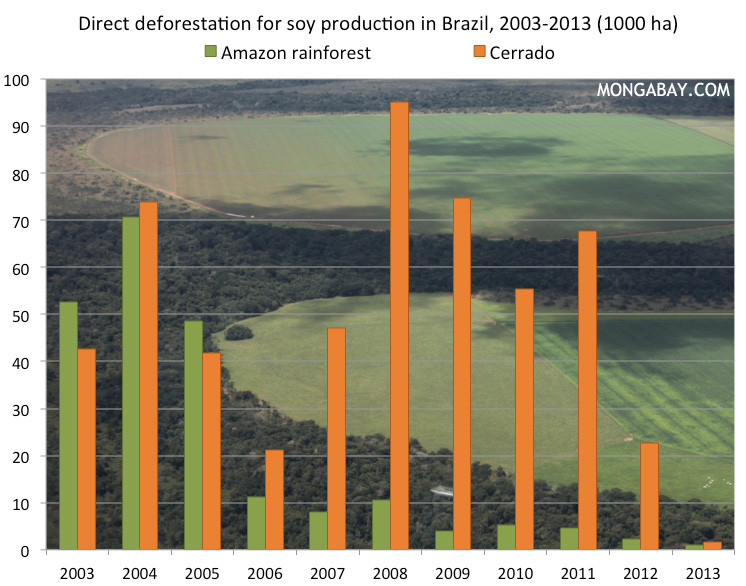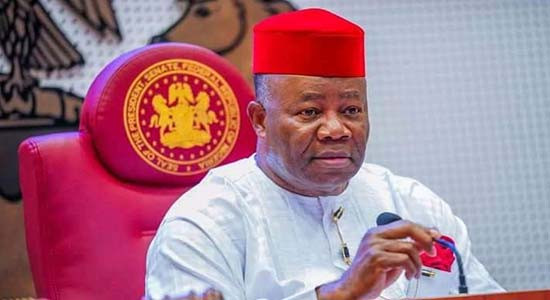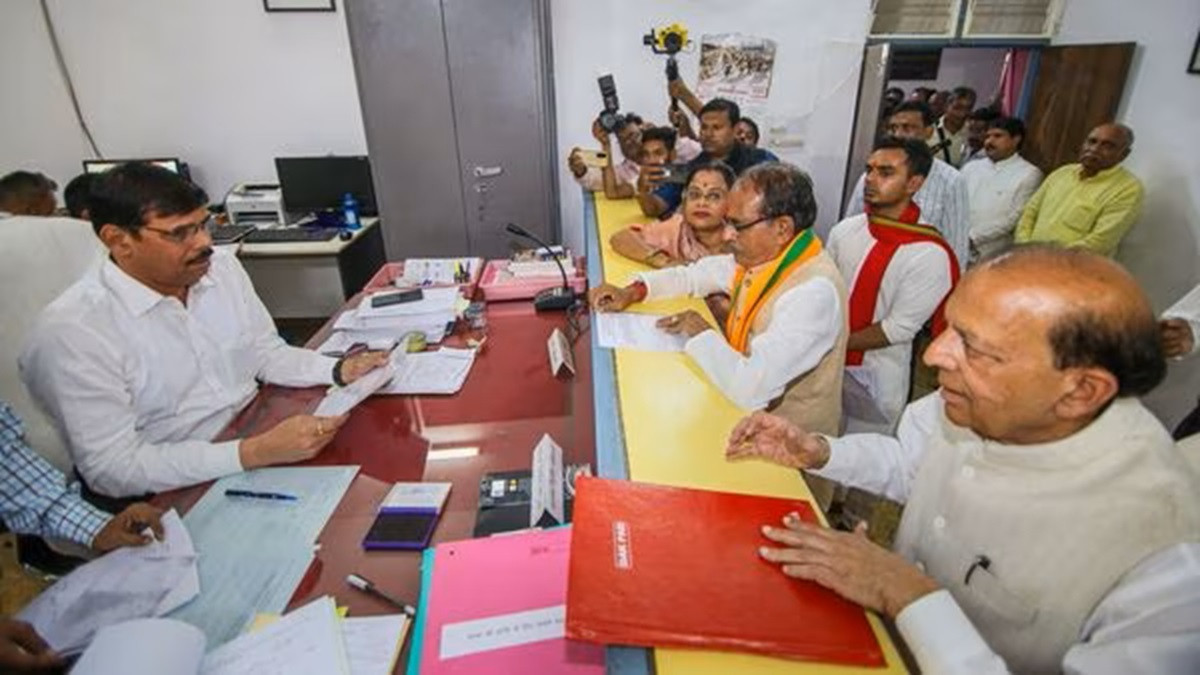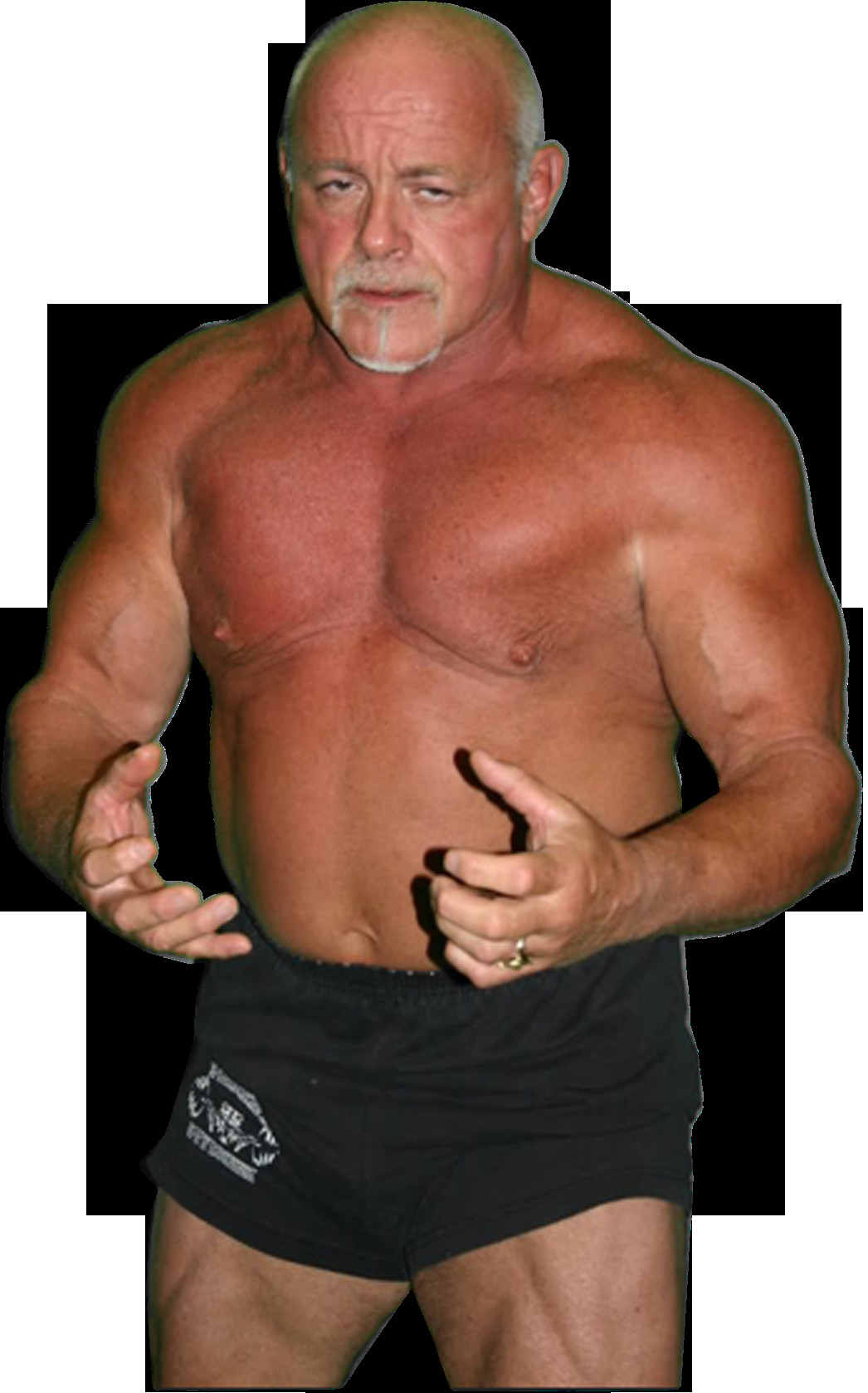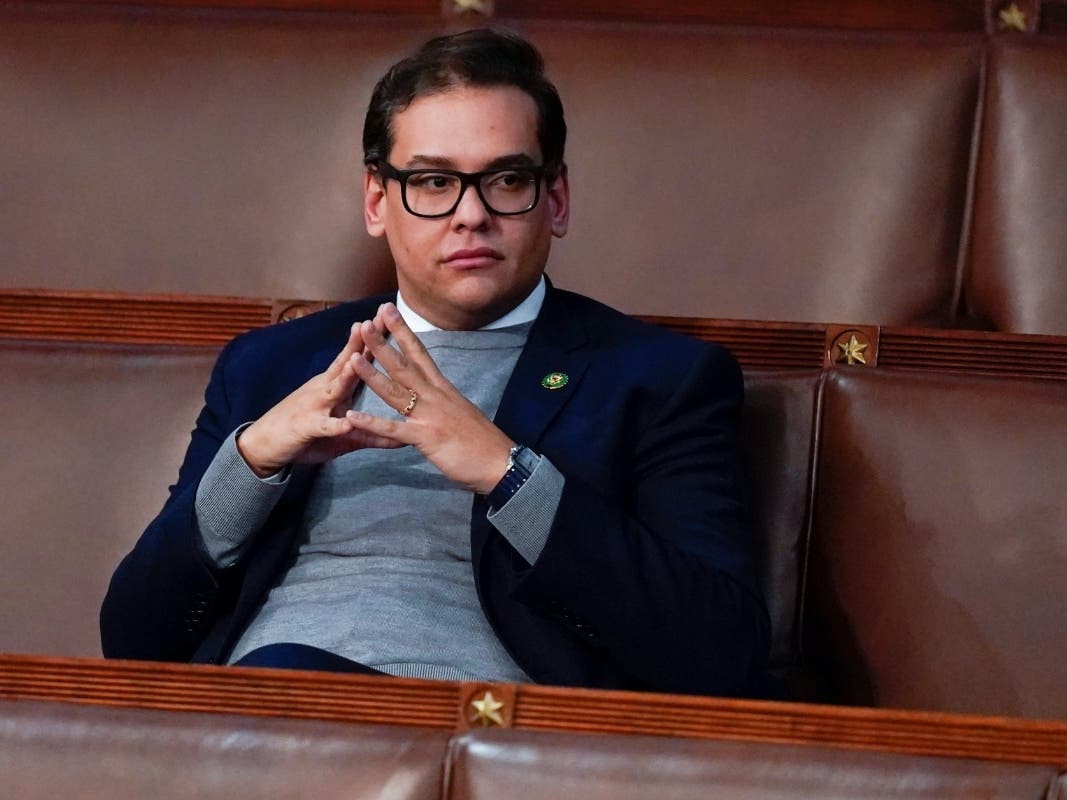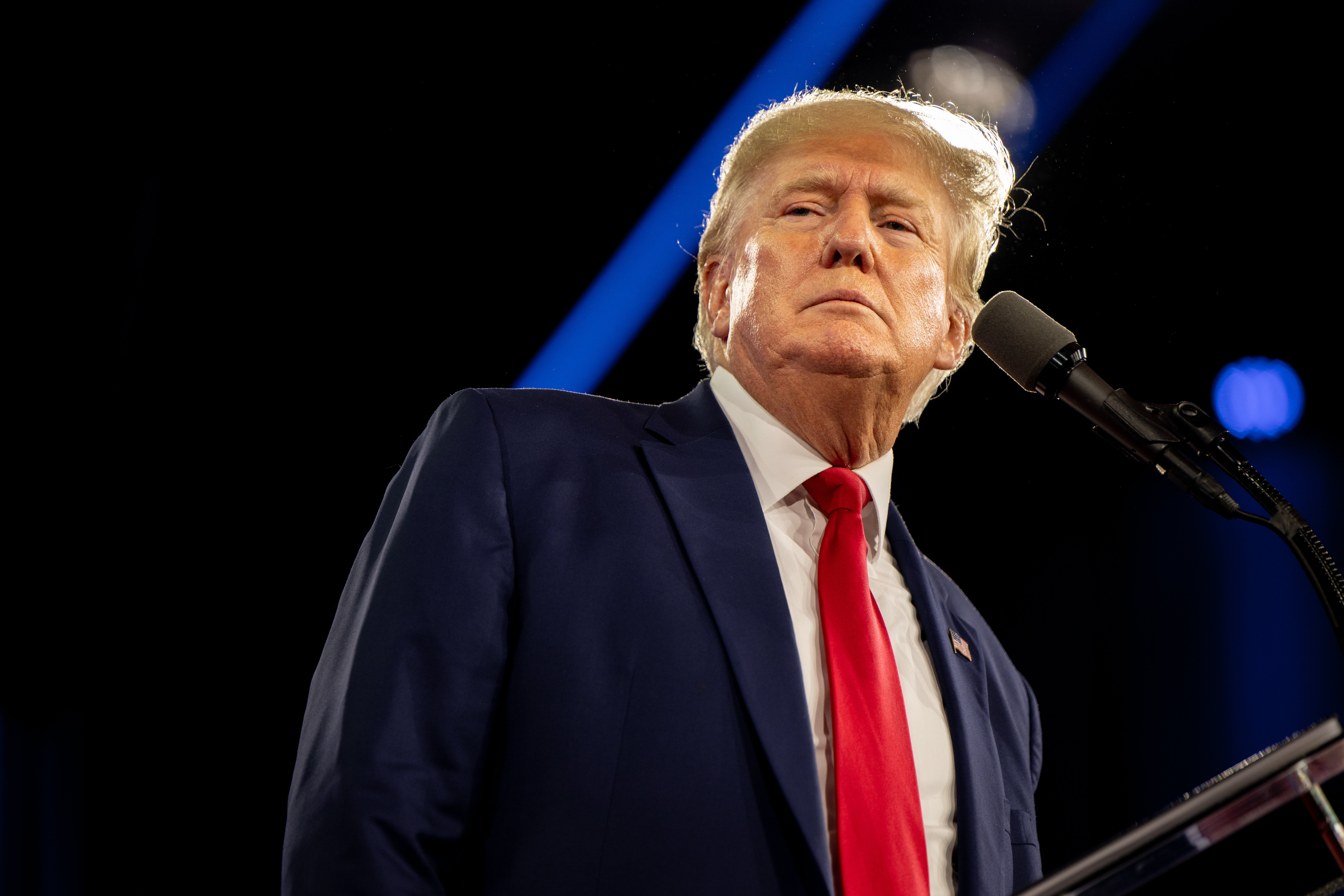Danone Halts Brazilian Soy Sourcing, Citing Deforestation Concerns
French dairy giant Danone has stopped sourcing soy from Brazil and is now importing from countries in Asia, its finance chief told Reuters. The move comes ahead of a European Union rule requiring companies to prove they are not sourcing from deforested land.
This decision has sparked immediate backlash from Brazilian farmers and the government. Aprosoja Brasil, a group representing farmers in the world's largest soybean producer and exporter, issued a statement criticizing Danone's move, saying it demonstrates “lack of knowledge” of Brazil's production process and is “discrimination against the country.”
Brazil’s Reaction
Brazil's agriculture ministry echoed the sentiment, issuing a separate statement outlining the country's environmental efforts and calling the EU legislation “arbitrary, unilateral and punitive.” The statement also criticized companies that take such actions.
“Brazil is ready to cooperate, but demands to be treated with the fairness and balance that guide international trade,” the statement said. “Untimely and unreasonable stances as announced by European companies with a strong presence in the Brazilian market must be rejected.”
Danone’s Explanation
Danone's Brazilian unit issued a statement saying that it continues to buy Brazilian soybeans that meet local and international regulations. However, Danone's headquarters did not immediately return a request for comment. The company's CFO, Jurgen Esser, said that Danone is now “absolutely” importing soy from Asia but did not provide specifics on the timeline of the shift or the countries it now buys from.
The EU Deforestation Regulation
The EU Deforestation Regulation, covering imports of commodities like cocoa, coffee and soy, is scheduled to come into effect on Dec. 30, though the EU Commission this month proposed a 12-month delay. Companies such as Nestle and Unilever have been preparing to meet the new regulation to avoid potential fines of up to 20% of turnover.
Brazil’s Soy Production
Brazilian law states that farmers must preserve between 20% and 80% of legal reserves, depending on the biome where they are planting. Despite this, deforestation rates in the country remain high, though they have seen a drop under President Luiz Inacio Lula da Silva.
While major traders have vowed to stop sourcing soybeans from newly cleared land in the Amazon rainforest, soy farming continues to be a major driver of deforestation in the nearby Cerrado savanna. Aprosoja argued that while deforestation exists, “there is also a lot of natural regeneration.”
The group suggested that Brazil's government could file complaints before the World Trade Organization and seek “compensation measures” from the EU as Brazilian farmers are now facing losses due to the European legislation.
The Wider Implications
The EU Deforestation Regulation has generated significant discussion about its potential impact on global supply chains. Critics argue that the new rules will disrupt supply chains, exclude poor, small-scale farmers from the EU market, and drive up the cost of basic foodstuffs. The concern is that many farmers and suppliers were not ready to comply with the new regulations.
However, supporters of the regulation argue that it is necessary to protect the environment and ensure that the commodities consumed in the EU are produced sustainably. The regulation is part of a larger effort to address the issue of deforestation, which is a major contributor to climate change.
A Complex Issue
The issue of deforestation and the sourcing of commodities from deforested areas is a complex one. There are many different perspectives on the best way to address these challenges. As the EU moves forward with its new deforestation regulation, it will be important to carefully consider the potential impacts on global supply chains and to ensure that the regulation is implemented in a way that is fair and equitable.
A Boycott Brewing?
Aprosoja is urging Brazilian farmers to boycott Danone products, and the group has been vocal in its displeasure with the company's decision. The group is concerned that Danone's move could set a precedent for other companies to follow suit, leading to further economic hardship for Brazilian farmers. The potential for a boycott could have significant implications for Danone's business in Brazil, a key market for the company.
The situation highlights the complex challenges faced by multinational companies in navigating the global landscape of sustainability. The EU's Deforestation Regulation, while intended to protect the environment, has the potential to disrupt supply chains and create economic hardship for farmers in countries like Brazil. It remains to be seen how Danone will respond to the backlash from Brazilian farmers and whether the company will reconsider its decision to stop sourcing soy from Brazil.




